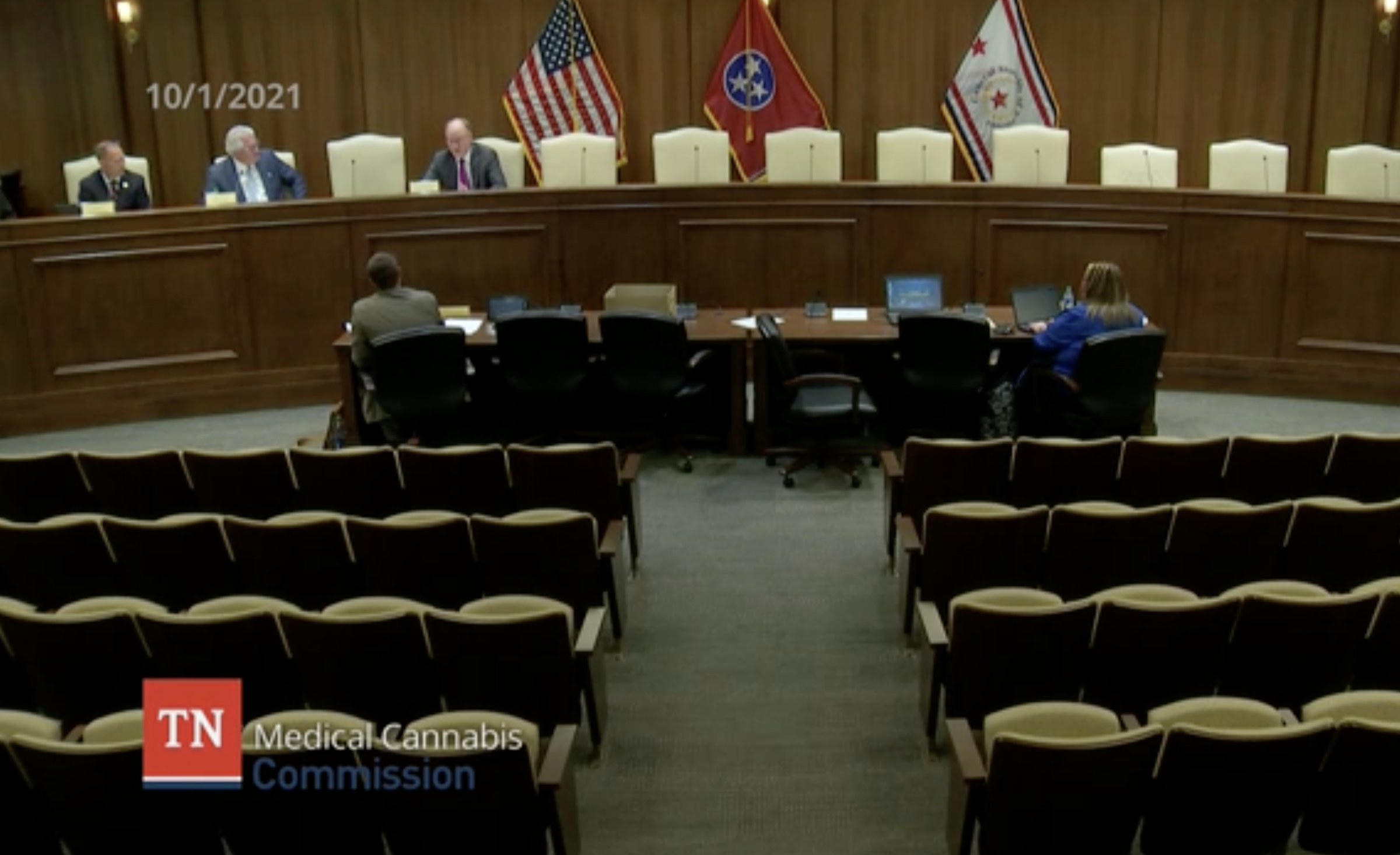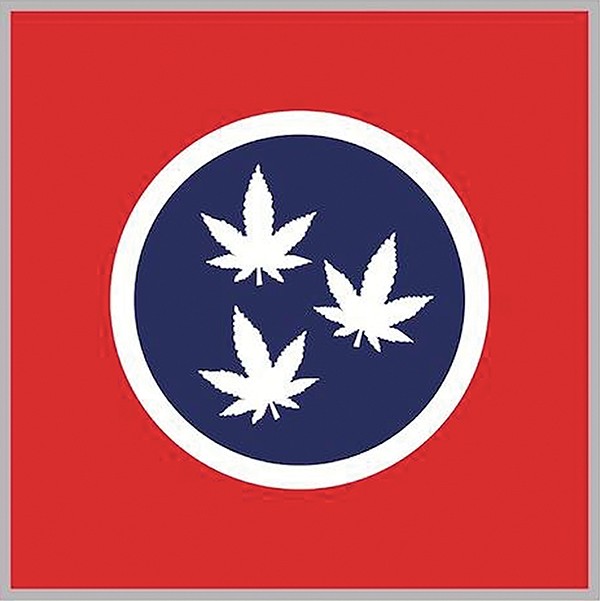Tennessee has three months to hire an executive director of the Tennessee Medical Cannabis Commission and file a report on progress to the Tennessee General Assembly.
That is the basic outline of the upcoming expectations for the commission, which met for the first time in Nashville Friday morning. The group was established with a bill passed late in the legislature’s most recent session.
Even though it seems like the schedule puts the work before the commission in hurry-up mode, the bill that established the group states Tennessee will not move ahead with any cannabis reform until the federal government removes the drug from the Schedule 1. That became closer to reality this week as the U.S. House Judiciary Committee approved marijuana legalization.

Friday’s meeting of the Tennessee Medical Marijuana Commission did not yield any firm decisions, as not enough members of the group were present to make votes. However, the commission heard advice from Sen. Ferrel Haile (R-Gallatin), one of the sponsors of this year’s medical marijuana legislation.
“Lots of folks are going to be pulling at you with their own agenda,” he told the commission before the meeting was under way. “Some are going to be special groups, and lobbyists, and nonprofits, and members of the General Assembly. They’ll be lobbying you for a certain direction.
Lots of folks are going to be pulling at you with their own agenda.
Sen. Ferrel Haile (R-Gallatin)
“I’d encourage you to resist those and focus on the the intent that we have here and don’t let them tilt the scale one way or another. What we want is something that’s workable for the state of Tennessee and, more importantly, the patients of Tennessee.”
This year’s legislation gave the commission a budget of $302,700. That money is expected to pay salaries for the executive director and other staffers. It’ll also be spent on travel, office equipment, and other support items.
The Tennessee Department of Health (TDH) posted the executive director position on September 8th. In two weeks, more than 70 applied for the job. Commission members went home Friday with boxes of resumes and cover letters from the prospects. Hiring this position will be the first order of business for the commission.
While it didn’t vote on anything, the group did wade into some real-world cannabis topics. Matthew Gibbs, TDH’s senior associate special counsel, talked about patient reciprocity. That is, how would Tennessee treat medical marijuana patients from other states?
Gibbs gave two very different examples. In Arkansas, patients can show medical cannabis cards from any other state, get a 90-day visiting patient card, and be allowed to buy the drug at any dispensary in the state. In Missouri, though, patients from other states must jump through every legal hoop as state citizens before they can purchase cannabis there.
A report is due to state legislators on the progress of the state cannabis commission in January. The group is slated to meet again in two weeks.
